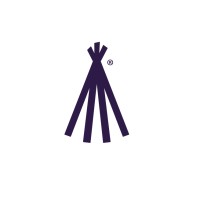
Golden Entertainment, Inc.
Golden Entertainment owns and operates a diversified entertainment platform, consisting of a portfolio of gaming and hospitality assets that focus on casino and branded tavern operations. Golden Entertainment owns eight casinos and 71 gaming taverns in Nevada, operating over 5,500 slots, nearly 100 table games, and over 6,000 hotel rooms. For more information, visit www.goldenent.com.






